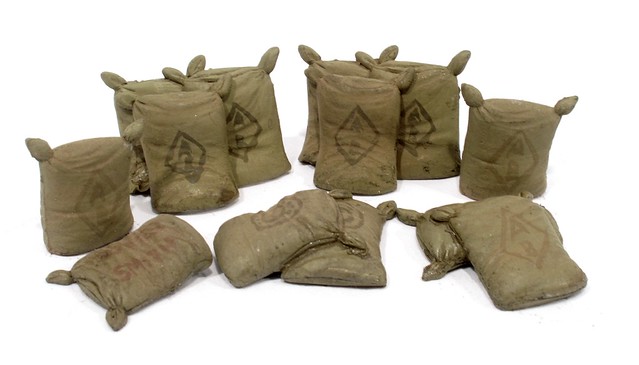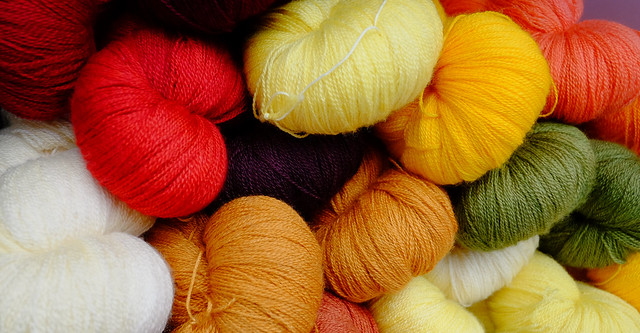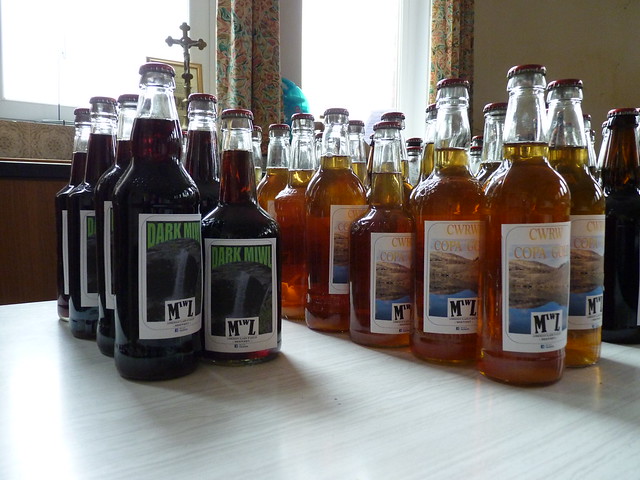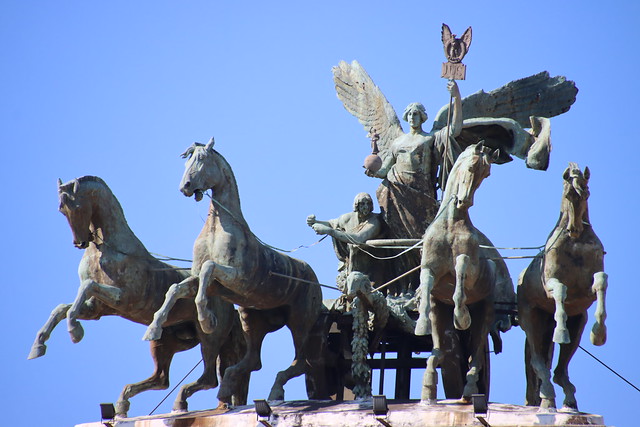Podcast: Play in new window | Download
In this episode we are looking into the origins of words for sacks, bags and bellys in Celtic languages.
The Proto-Celtic word *bolgos means sack, bag or stomach. It comes from the Proto-Indo-European *bʰólǵʰ-o-s (skin bag, bolster), from *bʰelǵʰ- (to swell) [source].
Descendants in the Celtic languages include:
- bolg [ˈbˠɔlˠəɡ] = belly, stomach, abdomen; bag; bulge, broad part, middle; bellows in Irish
- bolg [bɔl̪ˠɔg] = blister, bulge, (light) bulb in Scottish Gaelic
- bolg [bolg] = stomach, abdomen, belly, tummy, corporation, bilge, bowl (of lamp) in Manx
- bol [bɔl] = belly, paunch, abdomen, stomach, bowels; tripe; appetite, desire, gluttony, liking; womb; swelling, bulge, surface, side in Welsh
- bolgh [bɔlx] = breach, gap, opening in Cornish
- bolc’h = flax pod in Breton
The related Gaulish word *bolgā (sack, bag, stomach) was borrowed into Medieval/Late Latin as bulga (knapsack, wallet, satchel, purse, womb), and became bouge (sack, purse, small bag) and bougette (budget – purse for carrying coins) in Old French; bouge (hovel, dive, shanty, bulge, protuberance) in modern French; bulge, bilge and budget in English, and possibly bolgia (pit, bedlam, madhouse, shambles) in Italian [source].
Other words for the PIE root *bʰelǵʰ- (to swell), include belly, bellows, Belgium, billow, bolster, fool and folly in English [source].
More details about these words on Celtiadur, a blog where I explore connections between Celtic languages in more depth. I also write about words, etymology and other language-related topics on the Omniglot Blog.
You can also listen to this podcast on: Apple Podcasts, Amazon Music, Stitcher, TuneIn, Podchaser, PlayerFM or podtail.
If you would like to support this podcast, you can make a donation via PayPal or Patreon, or contribute to Omniglot in other ways.










